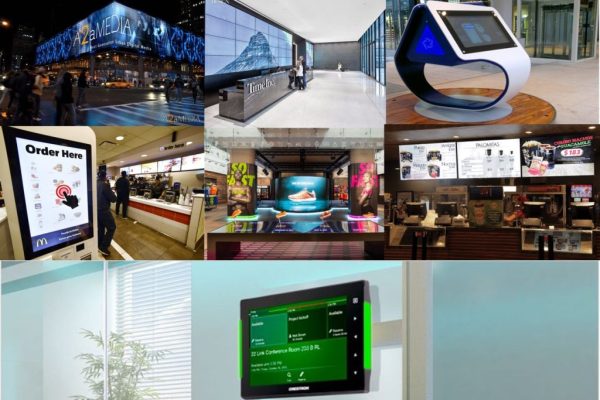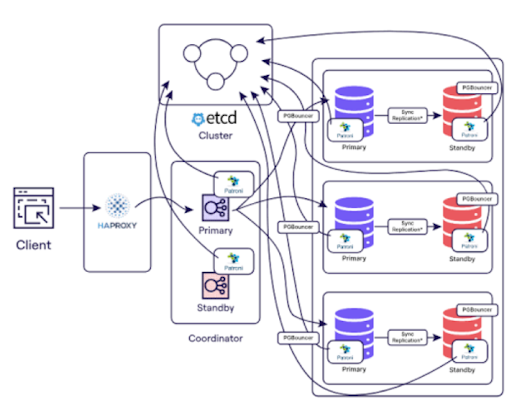Experts believe that further progressions in advanced technologies such as artificial intelligence and machine learning will enable cybercriminals to launch fully automated cyber attacks on individuals and businesses.
Based on the way technological advancements take place, it is likely that future attackers will use advanced software that can think on its own to attack individuals, businesses, and critical systems. Top cybersecurity firms such as McAfee and Malwarebytes believe that cybercriminals will use tools powered by artificial intelligence with machine learning capabilities to gain access to your networks.
A report says that automated systems with artificial intelligence capabilities can prove to be helpful for probing networks and system searching for identifying undiscovered vulnerabilities, which can provide tremendous help to attackers.
The same report says that “AI could also be used to make phishing and other social engineering attacks even more sophisticated by creating extremely realistic video and audio or well-crafted emails designed to fool targeted individuals.”
These are not just predictions; cybercriminals have already started working in this direction. The recent attacks on CheapAir and Dunkin Donuts’ DD Perks program are some of the examples of how attackers are using unique ways to damage the reputation of companies and invade individuals’ accounts.
Artificial intelligence-based cyber attacks are expected to take place in 2019 and their number will increase drastically in the upcoming years. The use of self-directed software in launching cyber attacks is expected to harm businesses and critical systems. Automated attacks will affect even the most high-profile companies that have the best cybersecurity practices in place.
The attacks will be carried out in a remarkably short time, which will make it difficult for companies to prevent them. Cyber attackers will make use of automated bots, malicious chatbots, and password guessing techniques such as credential stuffing to launch automated attacks.
Machine learning programs can help attackers predict passwords that a person may form in the future by analyzing their previous passwords.
According to a study, “… AI-based password brute force attacks have significantly higher success/hit rates to crack the correct passwords, compared with non-AI – based (or traditional) password brute force attacks.”
Ransomware attacks, wherein hackers use malicious software to prevent individuals and businesses from accessing their computers until they make the payment, are quite common. However, further technological developments will increase both their intensity and magnitude.
Earlier, while talking about the cyber attack that hit the city of Atlanta in March 2018, Mayor Keisha Lance Bottoms said, “I just want to make the point that this is much bigger than a ransomware attack.” She further said it’s “…an attack on our government, which means it’s an attack on all of us.”
Atlanta’s March 2018 ransomware attack was still a normal ransomware attack, but if ransomware and other malware become capable of taking their own decision, you will see even more advanced cyber attacks, which will be extremely difficult to prevent.
To prevent these attacks businesses need to take their cybersecurity practices even more seriously. They must have the right policies and procedures in place to deal with automated cyber threats.
Article Provided By: Accume Partners











